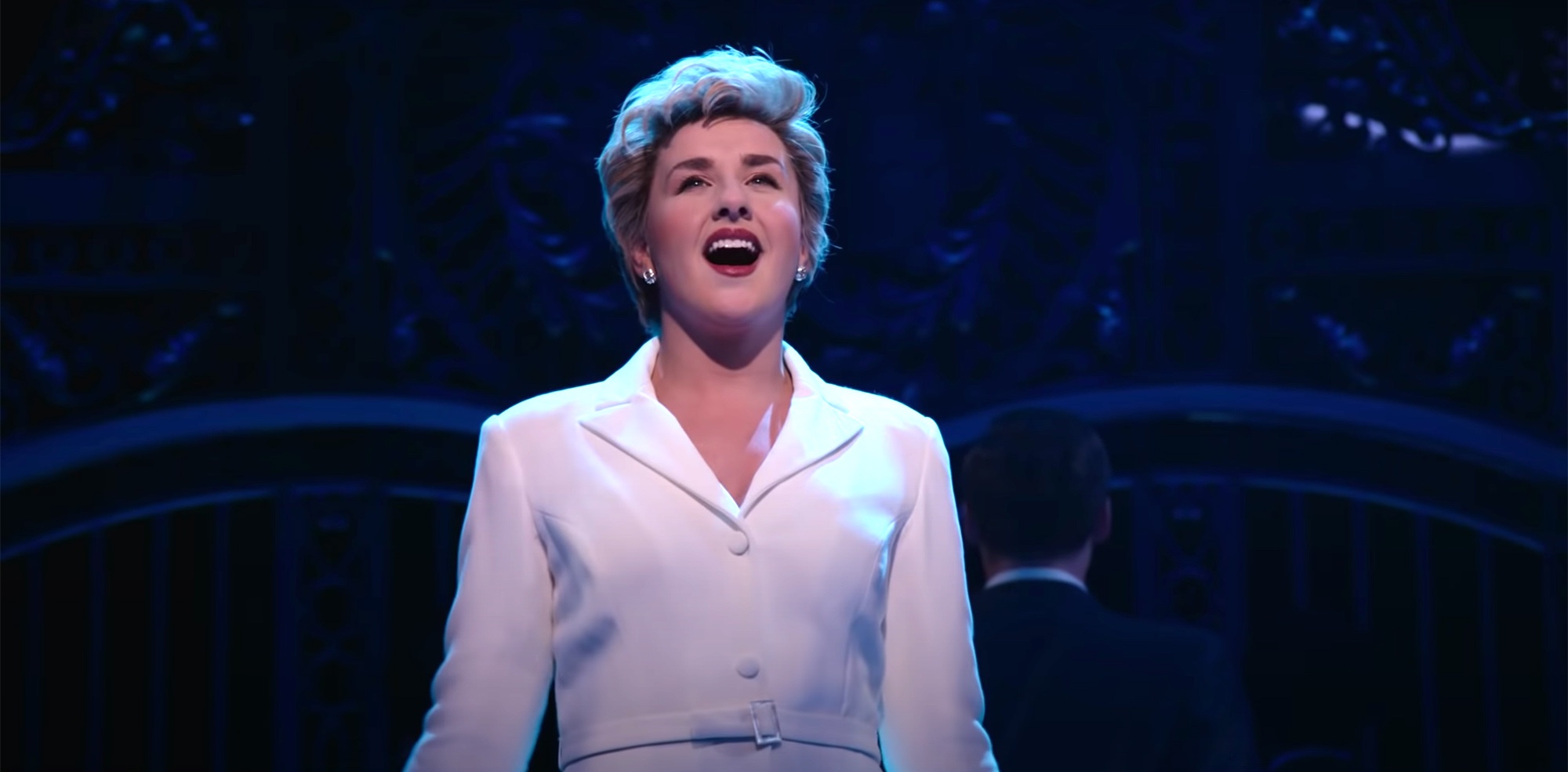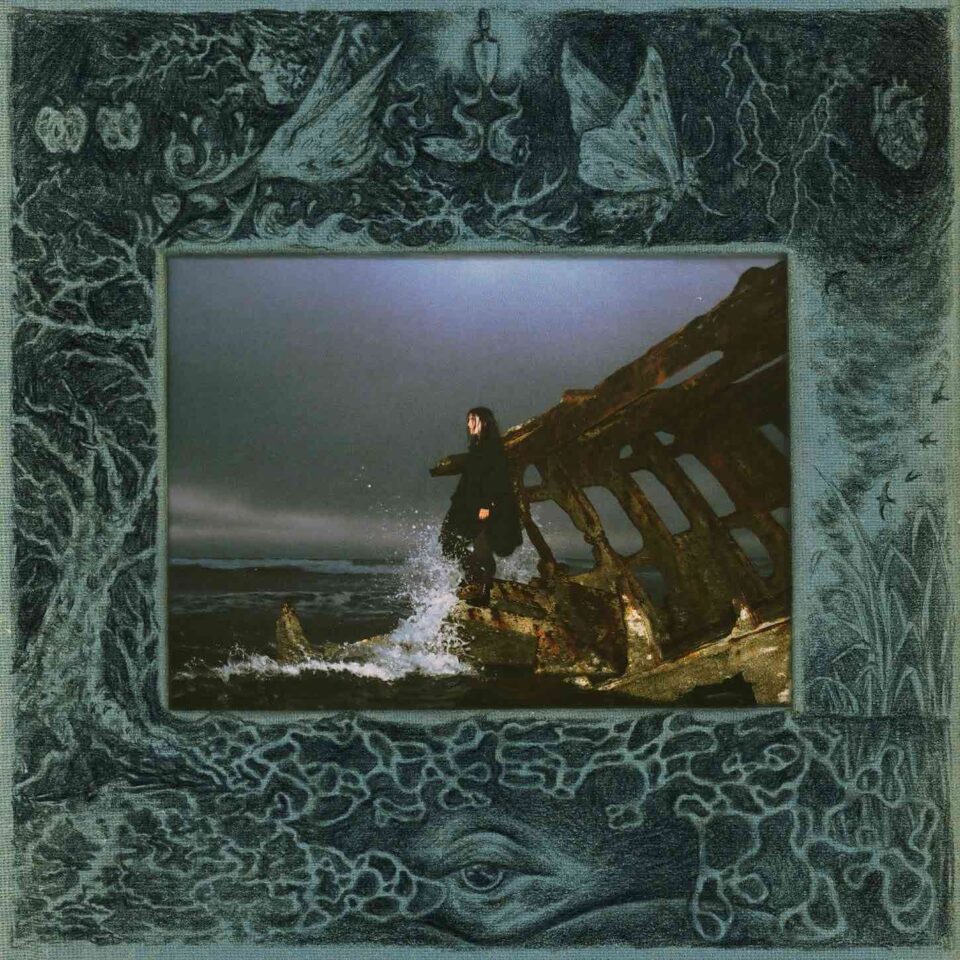The woman lived her entire adult life in the spotlight. There’s a case to be made that attention is what killed her. She’s been the subject of books and documentaries aplenty, some with the participation and consent of her two sons, Prince William and Prince Harry, who recently attended the unveiling of a statue in her honor. Her wedding dress is on display. I sincerely hope her legacy of generosity will continue to inspire for decades to come, but the fact that she’s been so extensively covered, and the fact that, well, she didn’t live very long, adds up to a situation where we’ve kind of run out of new stuff to say about the woman. The secrets have been revealed and the takes have been taken. But Hollywood keeps churning out Dianaramas, and it’s getting weird.
She was a main storyline on the most recent season of The Crown, and she’ll be featured again next season; in between, we’ll get Spencer, the dreamy-looking Kristen Stewart–led pic that has inspired a fashionable fandom of people who, I’m guessing, aren’t old enough to remember Diana as a real person, only a pop culture figure. We’ve already gotten a (not very well received) later-days biopic starring Naomi Watts, and though she isn’t a character, her death was essentially the premise of The Queen starring Helen Mirren (for the record, much better, actually interesting). Whatever Love Means, a corny TV movie, showed things from a pro-Camilla perspective, and she was a ghost in Masterpiece’s play about Charles taking the throne. This is not an exhaustive list.
There’s nothing ethically or artistically problematic about making a bunch of projects about the same subject, whatever it is. The fact that I, personally, am a little bored, is hardly a reason to get worked up. At least, that’s how I used to look at it. Then I saw a clip from the musical. And the musical, I cannot brook.
Diana the musical, as an idea, feels like a background gag on The Simpsons. A couple years ago, footage from a local theater’s original Diana musical made the rounds on Twitter, where it was (correctly) identified as cringe, and goofy, and the type of thing a fan with too much time on their hands stages at the local theater, but no one lets it go any further.
So I recently stumbled upon this footage of a community theater production of a Princess Diana musical and now it’s all I want to talk about. pic.twitter.com/zTy1VsyW7N
— Ryan Bloomquist (@ryanbloomquist) February 17, 2019
But further we have gone. There is a real Diana musical coming to Broadway and Netflix, and it looks fucking horrible. Take the “big number” “If,” which I had the displeasure of seeing months ago during a CBS salute to Broadway to benefit out-of-work theater workers:
There’s something kind of gross and disrespectful about this number, which depicts Diana imagining a future in which she has more children—girls—and her ex-husband Charles “steps aside” to let her son William take the throne. Is there any evidence that this is something Diana ever thought was a remote possibility?
The number is presented without a hint of the dramatic irony inherent in our heroine imagining a future we know damn well she won’t live to see. It’s melodramatic fantasy, cashing in on a real tragedy and trying to wring some sort of empowering narrative out of the brief and painful life of a woman who had barely tasted freedom before she died. We see both more and less in Netflix’s trailer:
Nah. No thanks. I get that it was the ’80s and it’s Broadway so we’re going to get a lot of glitter, and “aswirl” may technically be a word (I had to look it up), but screw this.
Her story is sweet and easy and tempting—like cake, all you have to do is plate and serve. Her plight allows us to pity someone rich, which regular people love to do because it makes us feel better. But the larger she looms, the more distorted the caricature.
I understand why so many try their hand at a Diana narrative. Her story is sweet and easy and tempting—like cake, all you have to do is plate and serve. She was blonde and beautiful and suffered internally before suffering externally, and she died young enough that we never had to see what she looked like old, which is the worst sin a woman can commit, and we never had to find out if she had any opinions that wouldn’t play well today. Her plight allows us to pity someone rich, which regular people love to do because it makes us feel better. But the larger she looms, the more distorted the caricature. She’s come to embody femininity and grace and bulimia and depression and divorce and infidelity and interracial relationships and the media and, and, and. It’s too much for any person, living or dead, and there are other, better ways to explore these themes.
In the last few years, we’ve seen some thoughtful re-examinations of complicated women and their legacies. I, Tonya and Impeachment: American Crime Story and Framing Britney Spears have all added nuance and empathy to the stories we thought we knew intimately about women whose careers were consumed by scandal and victim-blaming. Can I suggest that instead of another “sad fairytale” about Princess Di, Hollywood keep doing more of the other thing? I’m calling for a moratorium on Diana fanfic until we’ve at least discussed the possibility of vindicating Yoko Ono.
These Diana projects may aim (I guess?) to be some quasi-feminist retelling of history, setting the record straight about what that ding dang darn royal family did, but cumulatively, they feed our morbid fascination with dead blondes and love triangles. If Spencer is a triumph, let it be the last word, for a while, on the subject. If it flops, let it be proof that this is getting tiresome. Either way, let’s take a break. It’s not like we’re going to forget about her. After all, the woman was immortalized in a Beanie Baby. It doesn’t get more timeless, or commodified, than that. FL







